(Munshi Premchand)
A short story on caste hierarchy in India can drive the point home sharper than all those data driven news stories of repression. It gets straight to your heart. The Indian writer Munshi Premchand managed to do exactly this with his short stories on social realities, written at a time when India was not even free, and caste exploitation and biases ran deep. (Munshi Premchand)
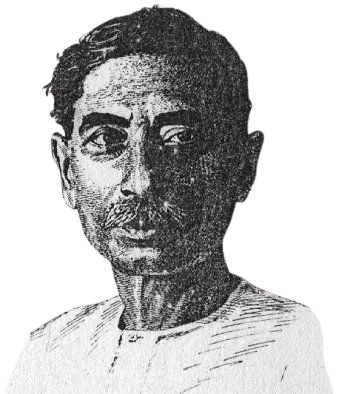
Born on this day 145 years ago, Premchand’s name shoots off like a meteor in a star-studded sky of writers who wrote in both Hindi and Urdu. The other bilingual writers were Rajinder Singh Bedi, Krishan Chander, Sahir Ludhianvi, Bhisam Sahni, Ismat Chughtai, Kamaleshwar among several others. Premchand was a pioneer who wrote before them and left behind a trailblazing body of work.
It is often lamented that Urdu literature in the subcontinent lost its sheen after Partition, because the patronage it received in India encouraged writers, irrespective of their religious identity, diminished. It had resulted in a great body of literature by writers in a period that remains unmatched to this date. Some of the stories by a woman writer like Ismat Chughtai are extremely bold and powerful. (Munshi Premchand)
“Premchand was the pseudonym of Dhanpat Rai Srivastva born in Benaras in Uttar Pradesh. His mother had died when he was only eight years old which made him a loner. He found solace in reading books.”
Premchand’s writings earned popularity and very high respect for their portrayal of social realities; stories of the down trodden and the marginalized. The women characters too found a voice. He was a deeply empathetic writer like several Bengal writers – Narendranath Mitra and Tarashankar Bandopadhyay – to name a couple, who viewed rural life with much compassion. Most of these writers also wrote novels but it is the short story that created the maximum impact. (Munshi Premchand)
Also Read: Keeping Emergency Memories Alive
Terse, hard-hitting and powerful, these stories are set in the villages, smaller towns and cities. India was yet to be independent so times were chaotic with the fight for independence gaining momentum alongside. In a simple story like A Gift of Holi (Holi ka Uphar), the young man who can ill-afford an expensive sari for his wife burns it when he is faced with a question of boycotting foreign textiles. A clear sign of taking a political stance. (Munshi Premchand)
Premchand was the pseudonym of Dhanpat Rai Srivastva born in Benaras in Uttar Pradesh. His mother had died when he was only eight years old which made him a loner. He found solace in reading books. He later divided his time between the cities of Gorakhpur, Allahabad and Kanpur, doing odd jobs with meager salaries. Initially educated at a madrasa, he learnt Urdu and Persian and completed his B.A. at Allahabad University. (Munshi Premchand)
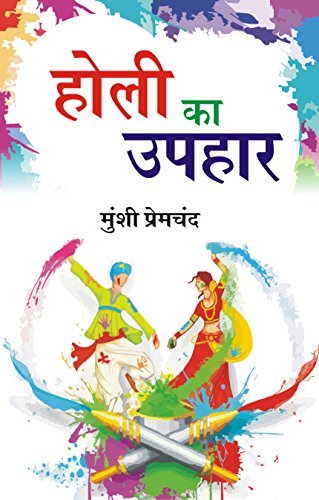
Preemchand’s earlier novels lacked a certain maturity according to critics but with time he found his voice in bringing the plight of those marginalized sections of society to the forefront through his writings. (Munshi Premchand)
Who can ever forget Godan, Nirmala, Kafan, Karmbhumi, Sadgati and Shatranj ki Khilari. These stories have stood the test of time in making them almost classics. The human factor was at the centre of his creations. The suffering depicted is rooted in realism and not in melodrama. (Munshi Premchand)
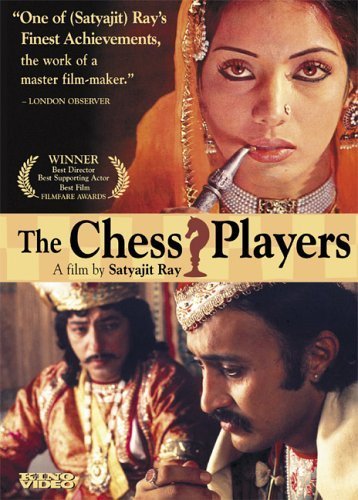
Filmed by none other than Satyajit Ray, the powerful story-telling of Premchand was brought home to Indians and the world at large through Sadgati, a telefilm and feature, Shatranj ke Khilari (The Chess Players). (Munsi Premchand)
In Sadgati my reading has always been that the Hindu concept of karma – what goes around comes around – does not spare anyone. The upper caste Brahmin exploits the lower caste Dukhi who comes to the village Brahmin for him to set an auspicious date for his daughter’s marriage. The Brahmin tries to extract his price by making Dukhi, already malnourished and weak due to fever, clean up his yard. When chopping a huge chunk of wood under the unrelenting sun, Dukhi collapses and dies. (Munshi Premchand)
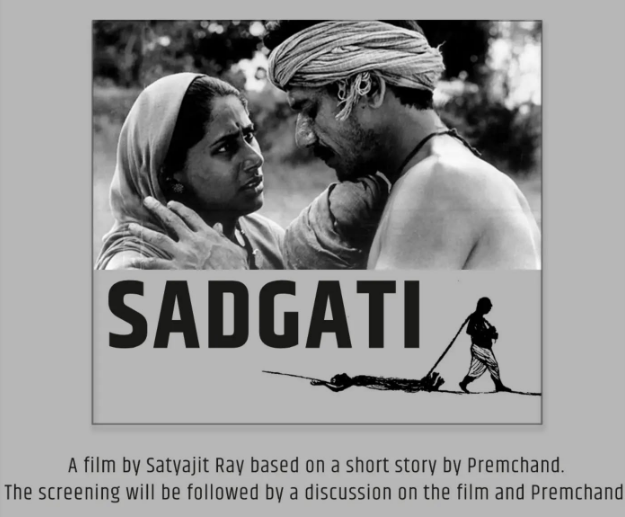
The untouchables refuse to dispose of the body for fear of police investigation. So it is left to the Brahmin to do the task and he does it by tying a noose around the dead man’s ankle and drags the body out of the city limits at night. The irony is not lost on anyone. Thereafter, he sprinkles holy water on the spot where Dukhi died! (Munshi Premchand)
In The Chess Players, during the last days of Wajid Ali Shah, two aristocratic friends are so obsessed in playing a game of chess everyday that they are oblivious of the takeover of the Mughal Empire (or whatever was left of it) by the British. It was a time when Lucknow was steeped in sensual pleasure and decadence prevailed all around.
The cavalier attitude shown by these two men can be likened to the novel Gone with the Wind by Margaret Mitchell, when a section of the genteel upper class of men in southern USA felt invincible suddenly find the enemy at its door during the Civil War. This is the tragedy of a sudden reality check that men face because a war has to be fought physically and not just by words alone, or even a game of chess. (Munsi Premchand)
“In ‘Violence is the Absolute Religion’ (Hinsa Param Dharm), Premchand takes a very nuanced look at both Hindus and Muslims without bringing in polarity, which only an imaginative literary piece can do.”
The question of getting a basic shroud or kafan for the poorest of the poor untouchable woman, who dies during childbirth, is gut wrenching. In ‘Violence is the Absolute Religion’ (Hinsa Param Dharm), Premchand takes a very nuanced look at both Hindus and Muslims without bringing in polarity, which only an imaginative literary piece can do. (Munsi Premchand)

Reading the short stories of Premchand reveals a lighter side as well. The Flirtatious Editor (Rasik Sampadak) is about a widowed city editor who starts to accept submissions from women writers and poets because of the adulation he receives from them. Irrespective of the quality of their work, he gives them preference over male writers/poets and the women just eat out of his hands.
When a romantic possibility crops up with a woman contributor who wants to meet him through an exchange of letters, the editor takes pains to present himself well only to find someone who disappoints him terribly. He then orders his printer to stop press to exclude her poem and trashes the rest in the bin. The story may not be favourable to women but the foibles of the human heart come through. It reveals a period in history in which women wrote and published as well. (Munsi Premchand)
Also Read: Celebrating Women and Weaving Through Songs
There are so many others. Repentance (Prayaschit), Writer (Lekhak) and Fact (Tathya), Eidgah, the third being a beautiful love story. (Munsi Premchand)
A prolific writer translated into most Indian languages Premchand has to his credit over 300 short stories, letters, plays and translations of world literature. He even tried his luck in Bombay film industry, but did not meet with much success. (Munsi Premchand)

Among his novels, the most talked about is Godan which is about a poor farmer trapped in a debt trap as is common in rural India even now. It was translated into English in 1957 by Jai Ratan and P.Lal as The Gift of a Cow but a later translation by Gordon C. Roadarmel is now considered “a classic in itself”. (Munsi Premchand)
In 1936, Munshi Premchand was elected as the first President of the Progressive Writers Association. Unfortunately, he died in that very same year at the age of fifty-six. (Munsi Premchand)
All Rights Reserved
Image Courtesy:
wikipedia.com
storytel.com
amazon.in
x.com
wikimedia.commons,org
getarchive.net
For a living, Manjira Majumdar has traversed the world of reporting, feature writing and editing. Today an independent journalist, she likes writing essays, fiction and translating from Bengali to English.




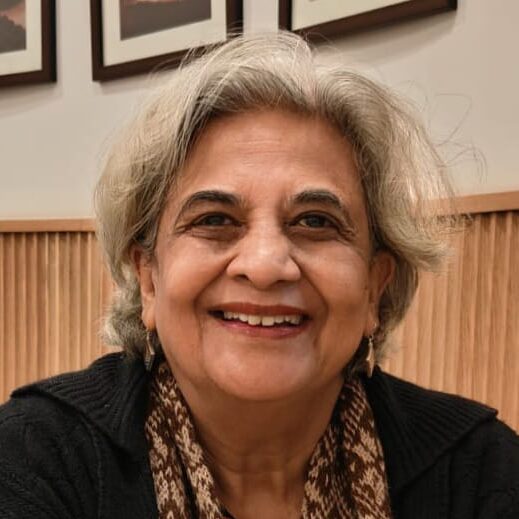
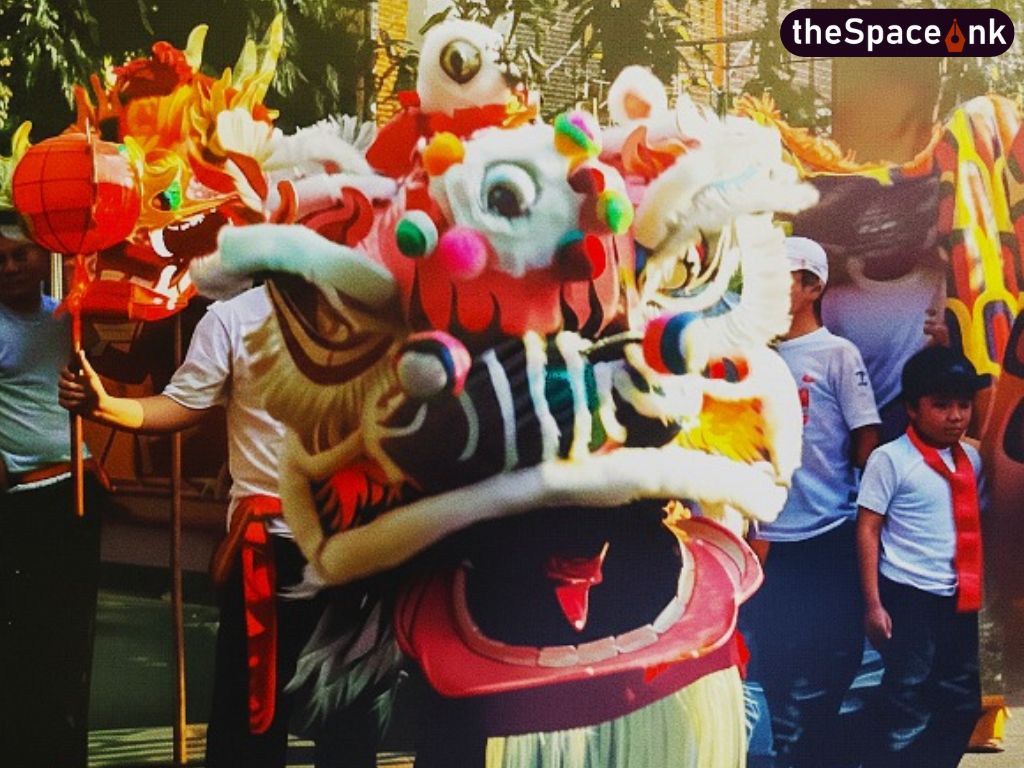
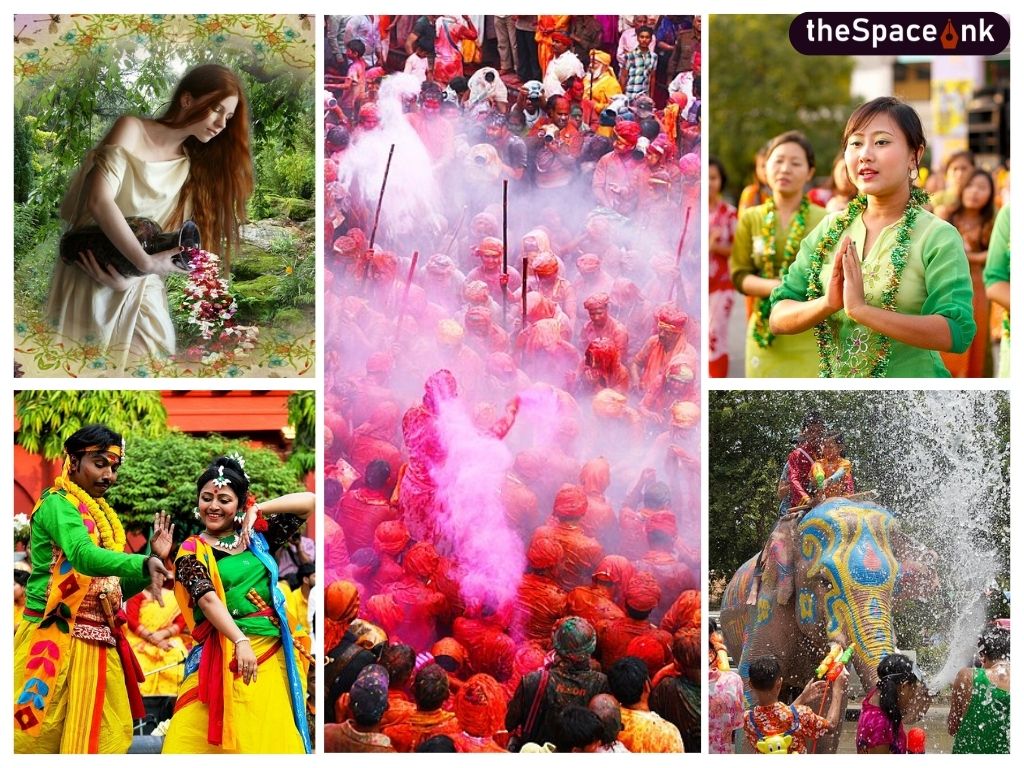
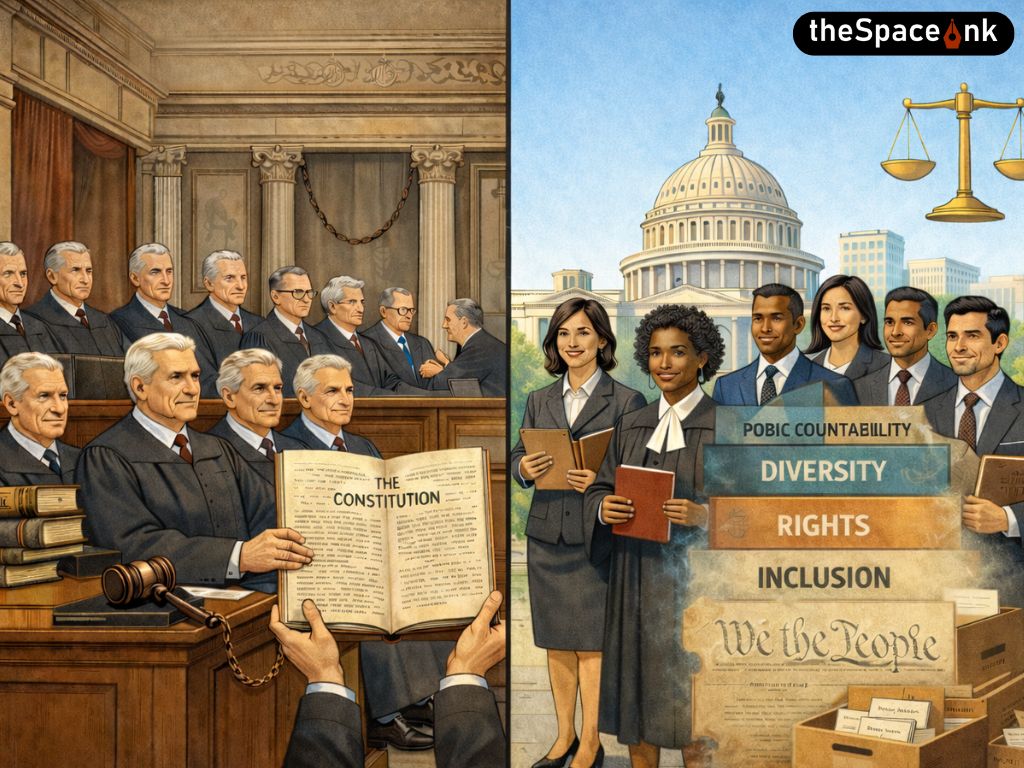
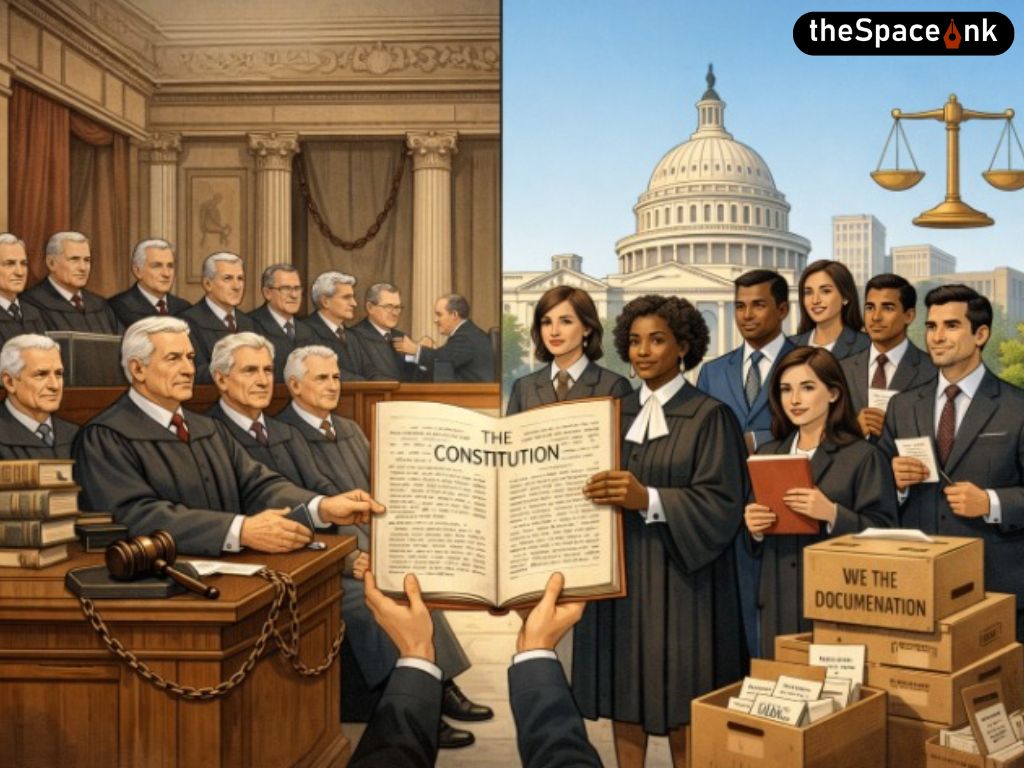
One Response
Premchand has been one of my best reads in original Hindi since my school days ! An inspiring author whose writings are relevant in our contemporary socio economic scenario. Manjira your write up is just excellent! Great job !